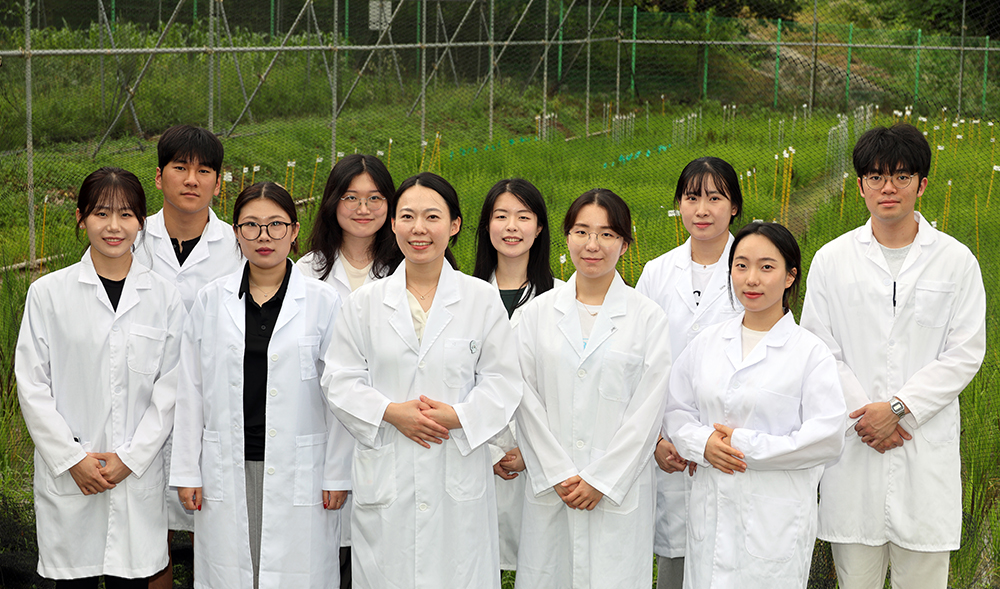
OsPRK1/2/3‐mediated reactive oxygen species signaling is required for pollen tube germination in rice

Pollen hydration, germination, and tube growth are vital processes for the successful fertilization of flowering plants. These processes involve complex signaling pathways. Reactive oxygen species (ROS) generated in apoplast involves signaling for the cell wall expansion during tube growth, however molecular regulators are less known. We identified pollen-specific receptor-like kinase (OsPRK) family genes from rice (Oryza sativa), which have conserved leucine-rich repeat (LRR) and kinase domains. To understand the function of these genes, we produced single and triple mutations for OsPRK1, OsPRK2, and OsPRK3 using the clustered regularly interspaced palindromic repeats (CRISPR/Cas9) system. Among these mutants, triple knockout (KO) lines (osprk1/2/3) exhibited the male-sterile phenotype with normal vegetative growth and floret formation. Through cytological analysis, we confirmed that the reduced seed fertility was due to defects in pollen hydration and germination with low ROS accumulation. This defect of pollen germination was partially recovered by treatment with exogenous H2O2. We also confirmed that OsPRKs could interact with the LRR extension protein. Our results suggest that rice PRKs redundantly play a role in ROS signaling for pollen hydration and germination, and fertility can be controlled by exogenous application.
- Authors (Pusan National University): Yu-Jin Kim, Ye-Jin Son(Department of Life Science and Environmental Biochemistry)
- Title of original paper: OsPRK1/2/3‐mediated reactive oxygen species signaling is required for pollen tube germination in rice
- Journal: Journal of Integrative Plant Biology
- Web link: https://doi.org/10.1111/jipb.13921
- Contact e-mail: yjkim2020@pusan.ac.kr

 945김유진교수.jpg
(604KB)
945김유진교수.jpg
(604KB)